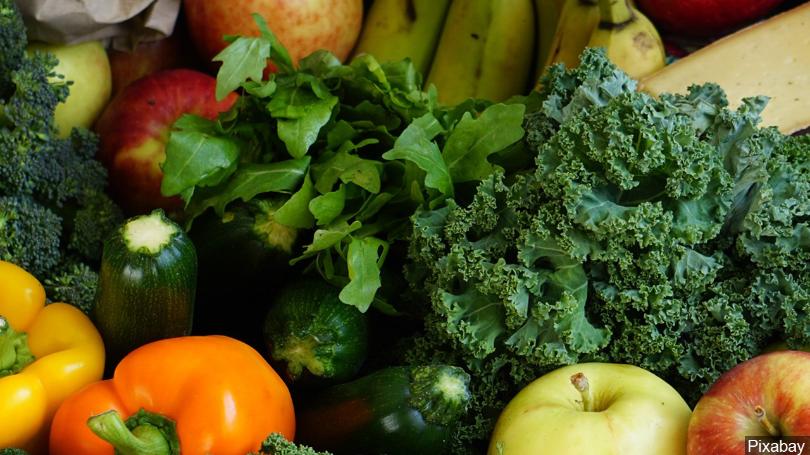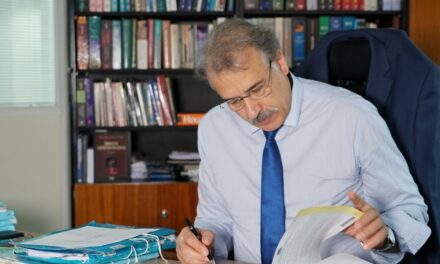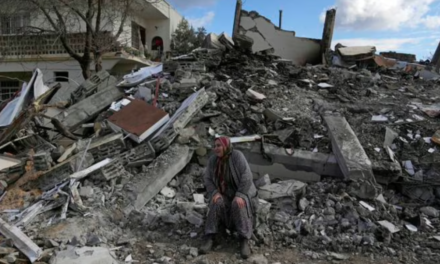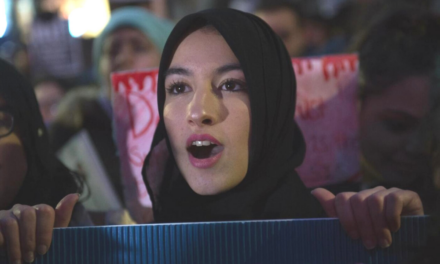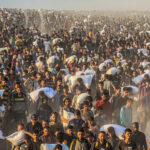Sarah Motter for 13WIBW
Pixabay
Minneapolis has received an 18-ton delivery of fresh produce from the Zakat Foundation after George Floyd protests.
The Zakat Foundation of America, a Muslim-run charity, has delivered a refrigerated trailer of fresh produce and food to those locked in neighborhoods shut down by curfews, police power and fiery violence of murky origin says the organization.
“We’re sending more than 18 tons of fresh produce and milk into the Minneapolis neighborhoods near Floyd’s killing, where the personal pain and economic deprivation has hurt most and soared highest,” says Halil Demir, Zakat Foundation’s executive director. “Our partners in relief live and serve the people there: families, the elderly, the sick and so many children. As an international Muslim charity that — as a matter of faith and practice — puts the urgent life-needs of all vulnerable human beings first, no matter their color and whatever their creed, we’ve reached out to them to offer relief to those most vulnerable.”
Two of the foundations nonprofit partners, Al-Maa’uun and Building Block of Islam, part of the Minneapolis Muslim Leaders Coalition, have held nightly conference calls since the murder of Floyd in order to assess the growing needs of vulnerable communities and to strategize a targeted relief response says the charity.
“Zakat Foundation was the first national organization to reach out to us to determine how the people of the Twin Cities can be served in this time of crisis,” says Afzal Syed Mohamed, Building Blocks of Islam’s chief coordinator. “Through this support, we’re already planning our community response to ensure those affected have access to essentials like food and safety kits.”
The foundation says that Nabi Naser, director of social services for Building Blocks of Islam, is coordinating the critical assessment effort while other community members serve those in need.
According to the Zakat Foundation the torching and closing of small grocery stores that normallyserve low-income residents have been wiped out food and daily supplies, leaving a gap in the care for these communities.
Demir says that this has quickly grown into a crisis for thousands of people stranded in areas of protest intervention and reaction and that the crisis is quickly spreading.
“Some of these neighborhoods, people describe as food deserts,” says Demir. “As the sandstorm from the killing and its aftermath intensifies, the dustbowl expands. Thousands of innocents are now caught up in it.”
Demir says that he expect the international charities shipment to arrive with fresh-food boxes for at least 1,500 families. He says that each contains 25 lbs. of produce such as tomatoes, apples, oranges, cucumbers, lettuce, celery, carrots, asparagus, onions, potatoes, other fruits and vegetables and milk.
“We’re truly grateful that Zakat Foundation took the initiative to help us address the critical need in our community,” says Syed of Building Blocks of Islam.
Demir says that he hopes to find ways to help small businesses in these communities reopen when the time comes. He says that most are run by African Americans and immigrants that live and work in the area. He says that business owners remain fearful for their safety and that of their family members, workers and stores.
The foundation says that the fear of business owners is further agitated by agitators infiltrating peaceful protests and law enforcement crowd control tactics.
“We’re worried that these neighborhoods and their residents will not have time to recover from all the trauma they’ve suffered through these past months, and now this,” says Demir of the Minneapolis protests. “That’s why we’re trying to respond quickly to their multiple levels of humanitarian need, all of which come down to the most human of rights — food, health care and personal safety.”
Demir concludes by saying, “Some may call this compassion. At Zakat Foundation, as a Muslim charity, we call it by its God-given name: Justice.”
